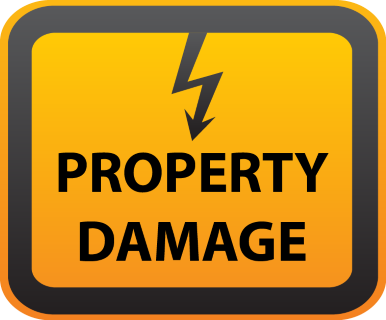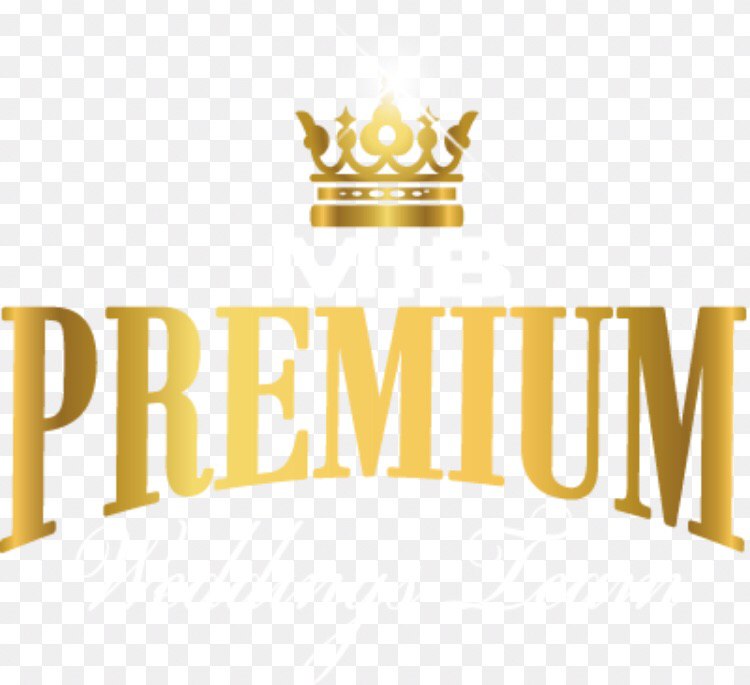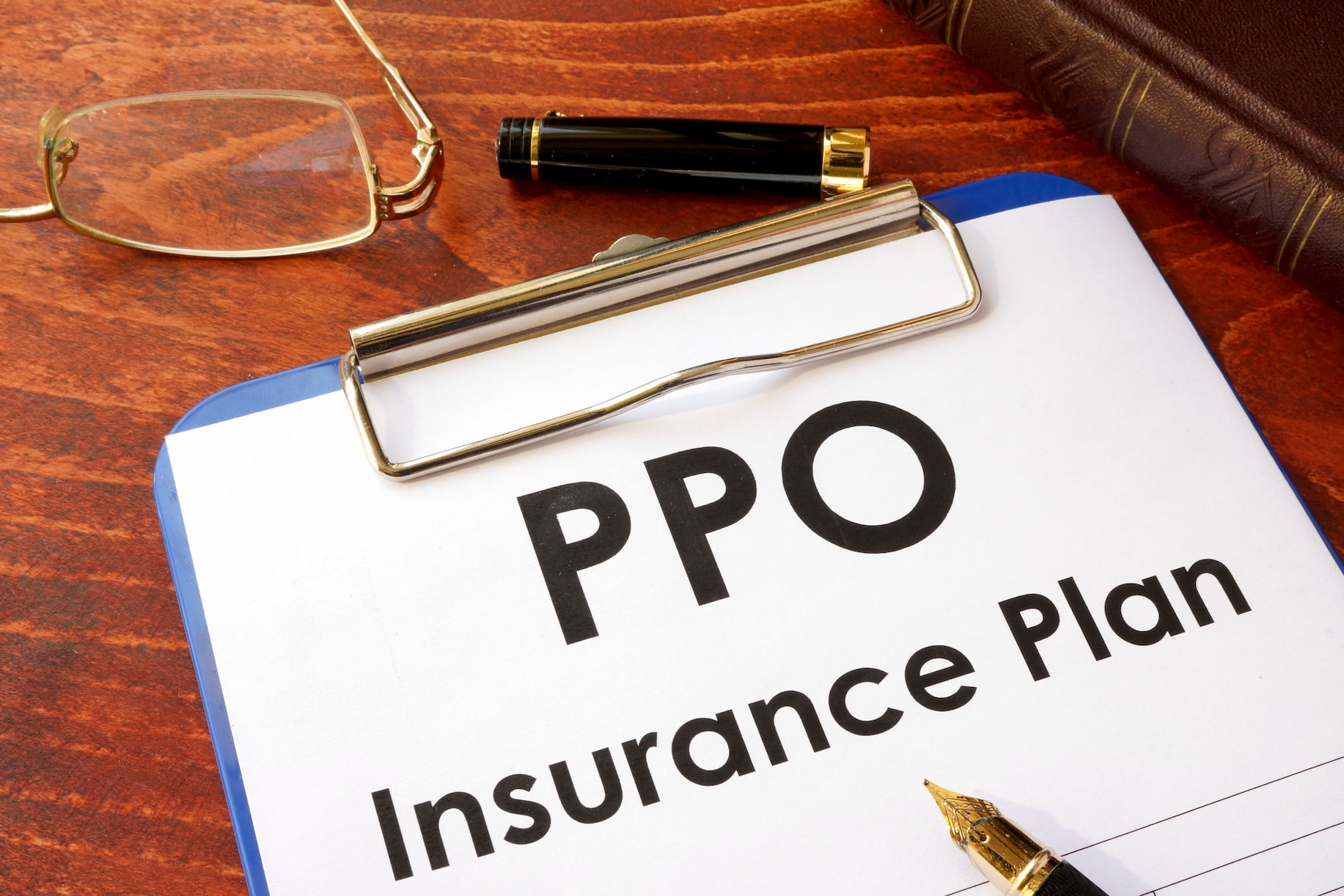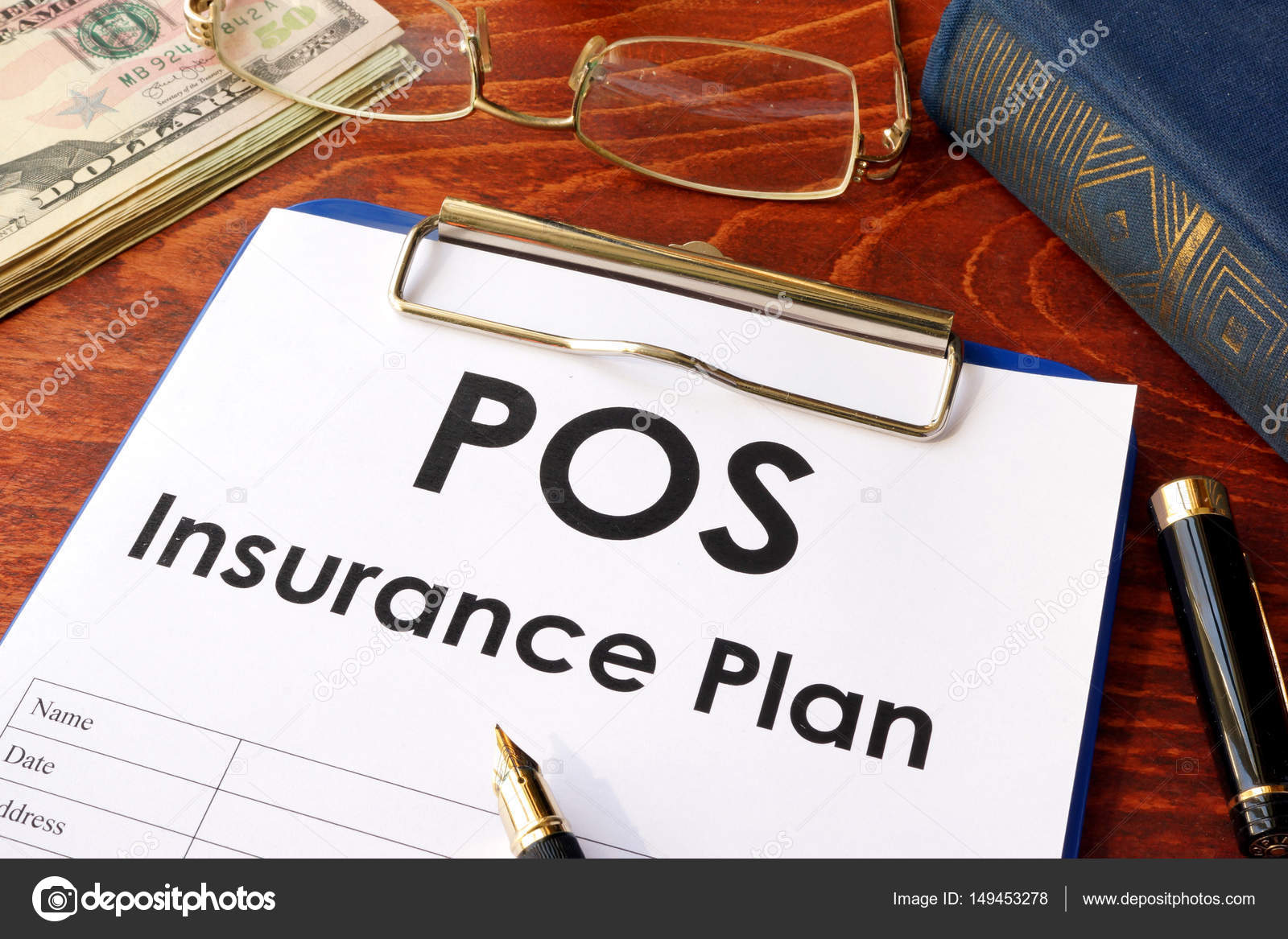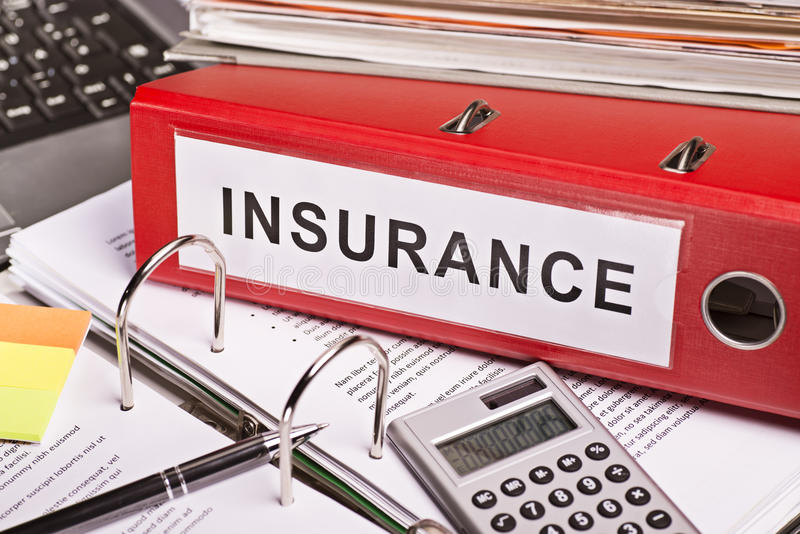Property Damage
Often mandatory, a type of liability insurance that pays for harm you do to someone else’s car or property when you cause an accident. Sometimes known as third-party coverage, property damage provides compensation for those not at fault in an accident. When the person files a claim, the insurance company will try to determine if … Read more
